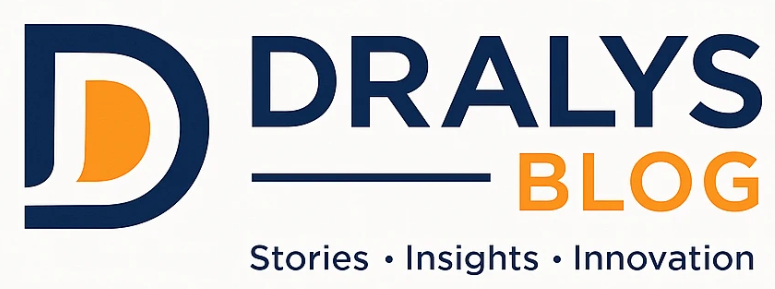Investors are putting far less money into ecommerce startups this year, even as digital buying remains one of the most entrenched behaviors in the consumer economy. New reporting from Crunchbase News shows that venture capital has retreated sharply from the sector in 2025, leaving founders competing for a shrinking pool of available funding.
So far this year, global ecommerce-related startups have raised around $7.3 billion, according to Crunchbase. If current trends hold, 2025 will close as the sector’s weakest investment year in several cycles. Deal counts are also “way down,” Crunchbase reports. That underscores how selective investors have become.
U.S. ecommerce funding is faring slightly better, with the year tracking flat compared with 2024. But even that stability masks a deeper reset. Domestic investment is still down more than 80% from its peak, Crunchbase data shows.
Despite the broader downturn, several pockets of ecommerce innovation continue to attract capital. Crunchbase identifies three areas where investors remain active:
- Quick delivery
- Livestream shopping
- AI-enabled commerce
These categories reflect new buying patterns and emerging technologies that offer startups an edge in an otherwise mature market.
Crunchbase finds 2025 ecommerce funding ‘way down’
Some of the year’s most noteworthy rounds include:
- Wonder – New York–based food delivery and takeout company Wonder secured $600 million in May at a reported $7 billion valuation. The startup operates a centralized model that lets customers order multiple cuisines from a single location.
- Zepto – Indian quick-commerce player Zepto raised $450 million last month, also at a $7 billion valuation, continuing its expansion in rapid grocery and household delivery.
- Whatnot – Livestream commerce platform Whatnot closed a $225 million round in October and reported more than $6 billion in live sales this year.
These three companies appear on Crunchbase’s list of nine leading e-commerce fundraisers of 2025, signaling where investors see the strongest momentum.
Ecommerce is now three decades into its mainstream adoption curve. Early entrants have become global powerhouses — Amazon’s valuation now stands at $2.6 trillion, as Crunchbase notes — and most major categories are well penetrated.
That maturity leaves fewer white-space markets for startups to pursue. As a result, venture investors are approaching the category with more caution and higher expectations.
Crunchbase points out, however, that the sector is far from stagnant. Demand for faster delivery, new shopping formats, and more personalized digital experiences continues to rise. And AI is introducing fresh ways for startups to differentiate — from discovery engines to intelligent fulfillment to agent-driven commerce.
Crunchbase’s analysis suggests that while the era of broad e-commerce investment may have cooled, the next wave of innovation is likely to be sharper, more specialized, and more technologically driven. Livestream commerce, rapid delivery, and AI-enabled shopping all illustrate how new models can gain traction in a competitive landscape.
For founders, the message is clear: opportunities still exist — but they live in the niches, not the mainstream.
Sign up
Sign up for a complimentary subscription to Digital Commerce 360 B2B News. It covers technology and business trends in the growing B2B ecommerce industry. Contact Mark Brohan, senior vice president of B2B and Market Research, at mark@digitalcommerce360.com. Follow him on Twitter @markbrohan. Follow us on LinkedIn, X (formerly Twitter), Facebook and YouTube.
Published by Dralys Blog – Stories | Insights | Innovation
Discover more on DralysStore.com

